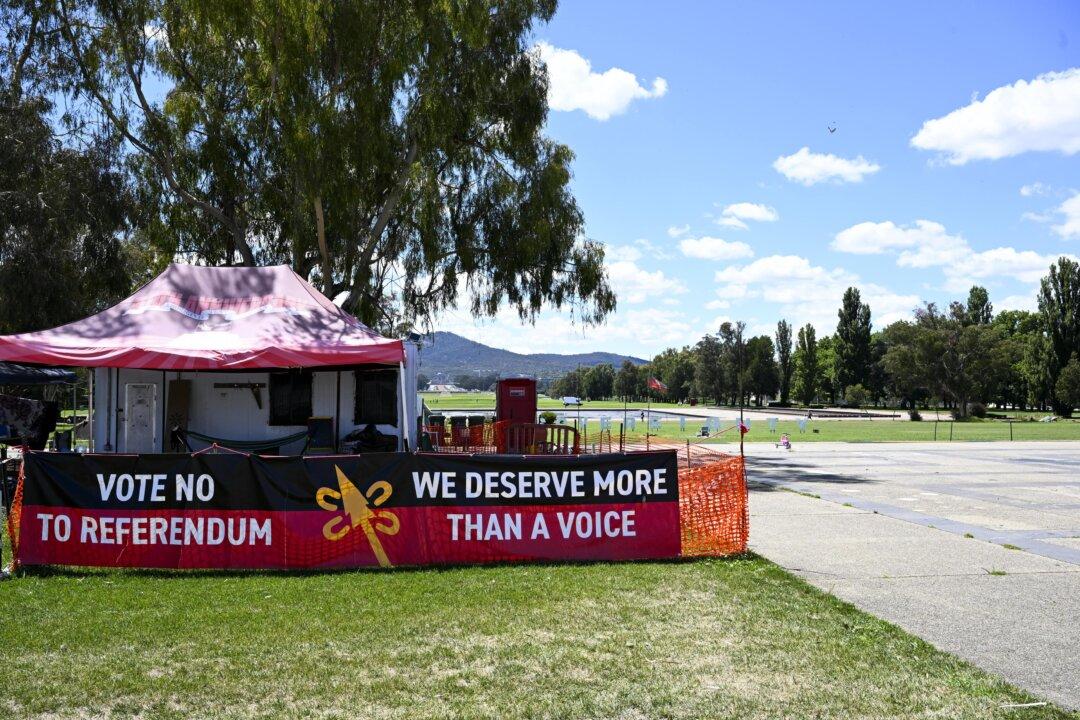Commentary
A voice that speaks out of both sides of its mouth is not to be trusted. And so it is with The Voice proposal on which we will need to cast a vote later this year.

A voice that speaks out of both sides of its mouth is not to be trusted. And so it is with The Voice proposal on which we will need to cast a vote later this year.